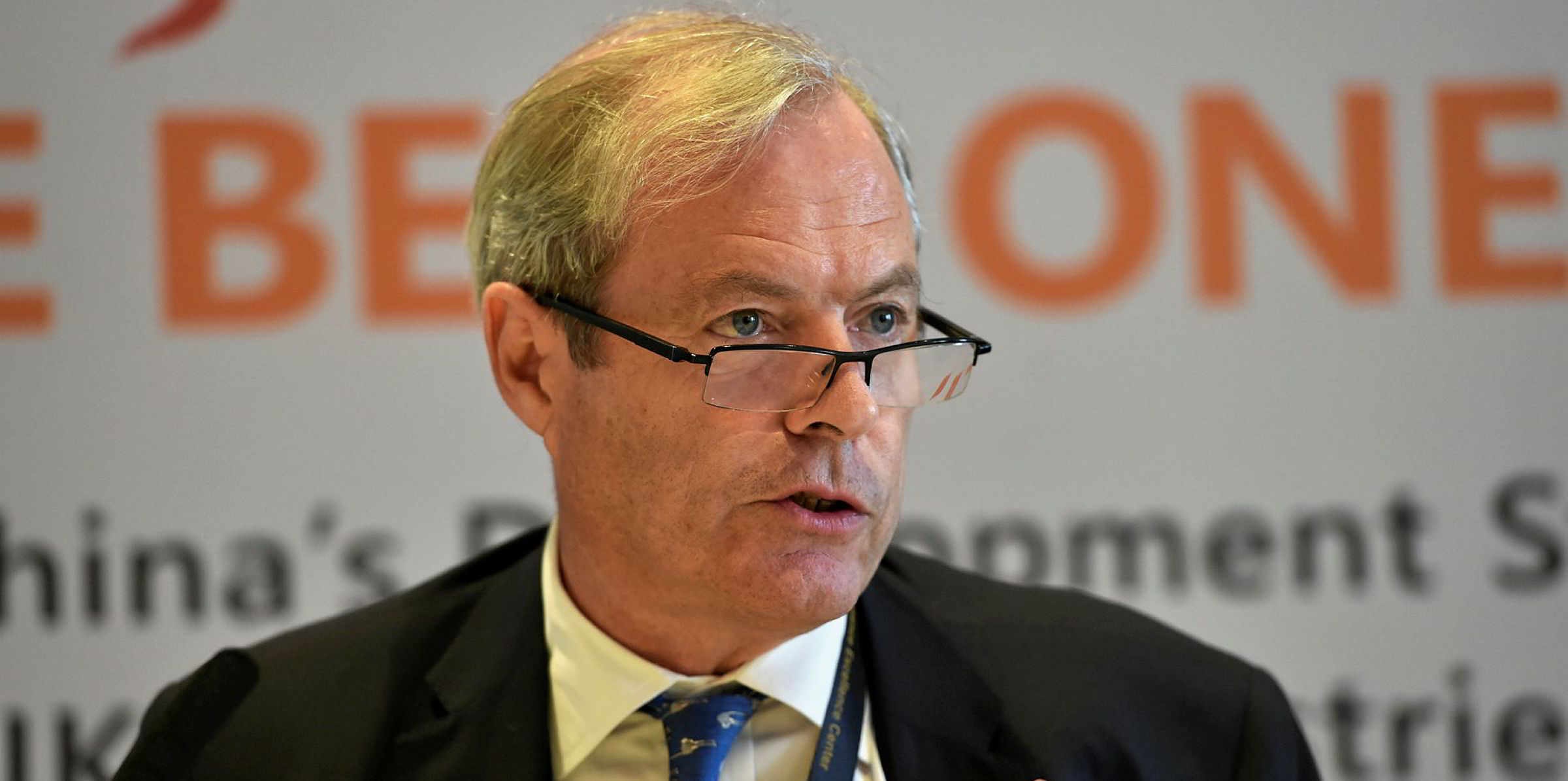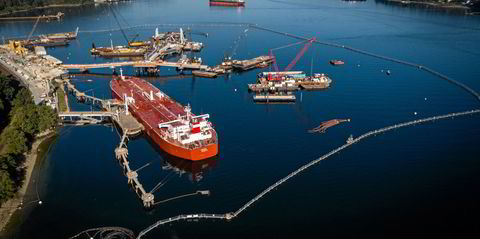For an industry that counts every dollar and cent, why are some shipowners apparently prepared to risk money on non-compliance with IMO 2020, and at the same time distance themselves from the funds they will need to build ships in future?
A mere six months before the start of the global sulphur cap, shipping is undergoing a bout of introspection rarely seen before. If the cap itself is cause for concern, then the unwillingness of some owners to take a proactive view on the changes necessary is surely an alarm bell.
Recently a record fine of $80,000 was assessed against a cruise ferry after it entered two fjords in Norway with sulphur values far beyond the legal limits. A leading cruise brand has been targeted for 2017 emissions of SOx in European seas that were 10 times more than all of Europe’s passenger vehicles.
$1.5bn in fines
The need to future-proof investments in clean technology is understandable; it is for this reason that waiting until the 11th hour before complying proves so tempting and why for a few it is worth taking the risk of non-compliance.
But when the cost of non-compliance by a polluting ship is higher than that of switching to a clean alternative, it goes against financial logic, as well as negating the benefits to the environment of IMO 2020.
Reports from the European Union's environment commissioner state that low-sulphur non-compliance in the Baltic sulphur emission control area averages 5% and 8.5% in the North Sea, broadly in line with the IMO’s official 6% estimate.
With total "at risk" non-compliant fuel of approximately 4.5 million tonnes annually, based on a conservative 1.5% non-compliance rate, it suggests that total global fines in 2020 could amount to almost $1.5bn or higher.
With total ‘at risk’ non-compliant fuel of approximately 4.5 million tonnes annually, based on a conservative 1.5% non-compliance rate, it suggests that total global fines in 2020 could amount to almost $1.5bn or higher
This sizeable amount could be put to better use by operators working towards compliance. The fine in the above incident would certainly be enough to retrofit the vessel to both bunker and burn methanol, a fuel that is already compliant with IMO 2020.
Green finance
It seems unthinkable that some shipowners should prefer paying fines for violations rather than making strategic investments that will secure the next 10 to 20 years of their business. Of course, plenty will comply; using a scrubber-based business case or a hike in their fuel bills that they will try to pass on to customers.
Despite their limited availability until comparatively recently, alternative fuels cannot be discounted. They present an opportunity for owners to emit less SOx and NOx after 2020 and present options for a low-carbon shipping environment.
Ignoring alternatives also fails to take into account the trend towards green finance, which is growing just as traditional liquidity decreases. Oil refiners have already responded as government policy increasingly swings behind clean fuels; the next stage is greater use of renewables, funded by investors focused on sustainability.

The cost of shipping capital is likely to continue rising as banks and other finance sources demand a sustainable strategy as the price of doing business. The announcement of the Poseidon Principles, with 11 banks representing 20% of the $450bn ship-finance market signing on, confirms that.
Political pressure
The increased use of green bonds and other non-traditional sources for ship finance means that vessel owners need to be more flexible and creative. This will not merely be an option: the banks themselves have environmental, social and governance targets to meet.
It is true that some alternative fuels are expensive, not just in upfront investment terms but also because without massive subsidies they cannot be competitive. This might not matter provided the industry is prepared to accept an uneven playing field, although this would overturn decades of regulatory precedent.
Even so, the industry should already be taking steps to define its post-2020 transition to clean fuel. It could be that ability to continue operating in the long term will depend on it, if social and political pressures on shipping continue to grow.
Genuine deterrent
It is very likely that we will see more companies and organisations from Japan, South Korea and China sign up to the Poseidon Principles, as well as Asian export guarantee agencies.
For now, they are the best instrument we have, despite some suggestions of greenwashing. We think this is an approach that will become embedded and as it does, the industry will have to swing behind it.
Until then — and because we need both sticks and carrots — 2020 enforcement must be the priority. Fines need to act as a genuine deterrent and not represent the cost of doing business.
As is obvious to anyone with an eye on the sustainability of the industry, that cost will continue to rise — in the process making alternatives and renewables cost effective — until not just compliance, but a sustainability mindset becomes second nature.
Chris Chatterton is chief operating officer of the Methanol Institute







